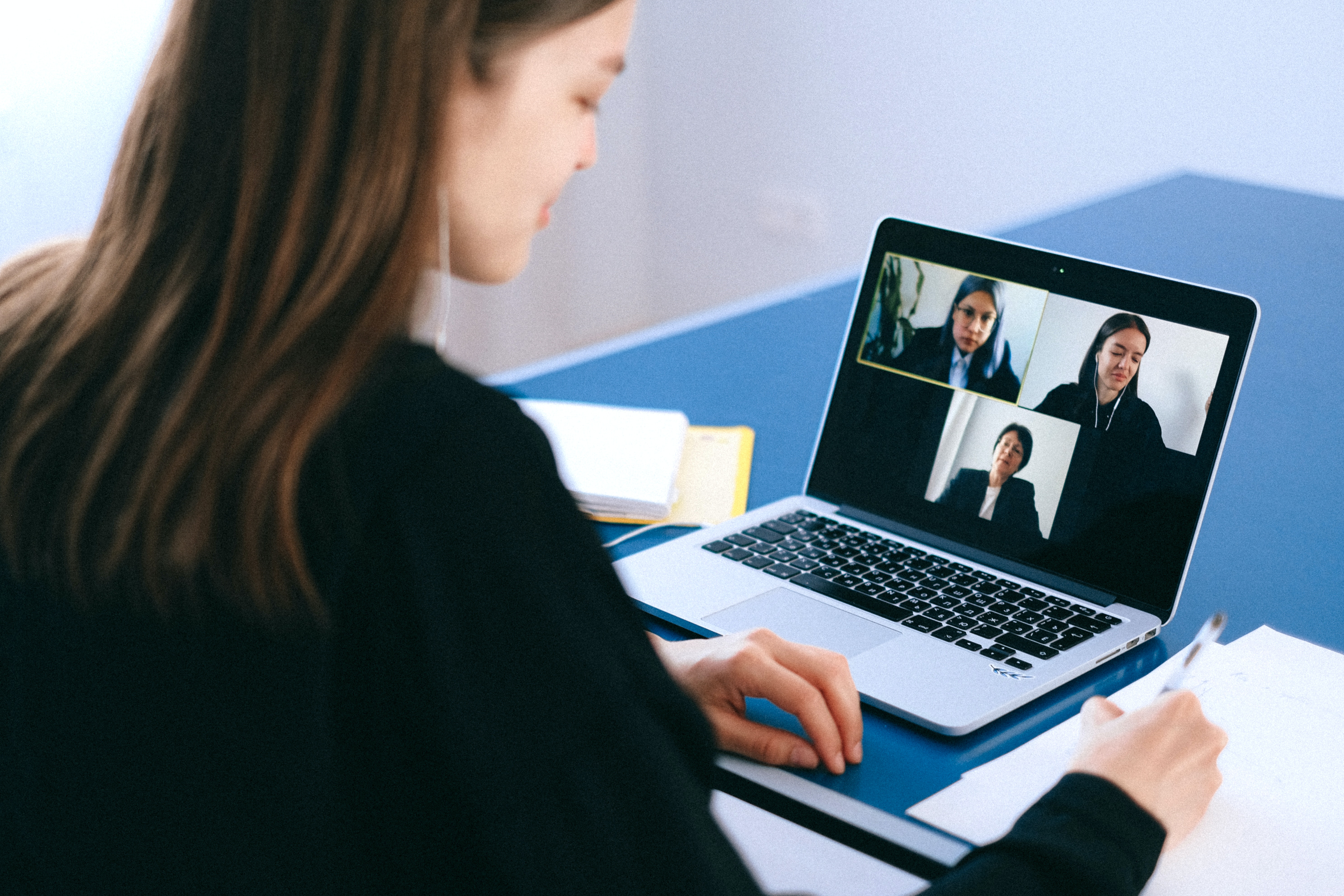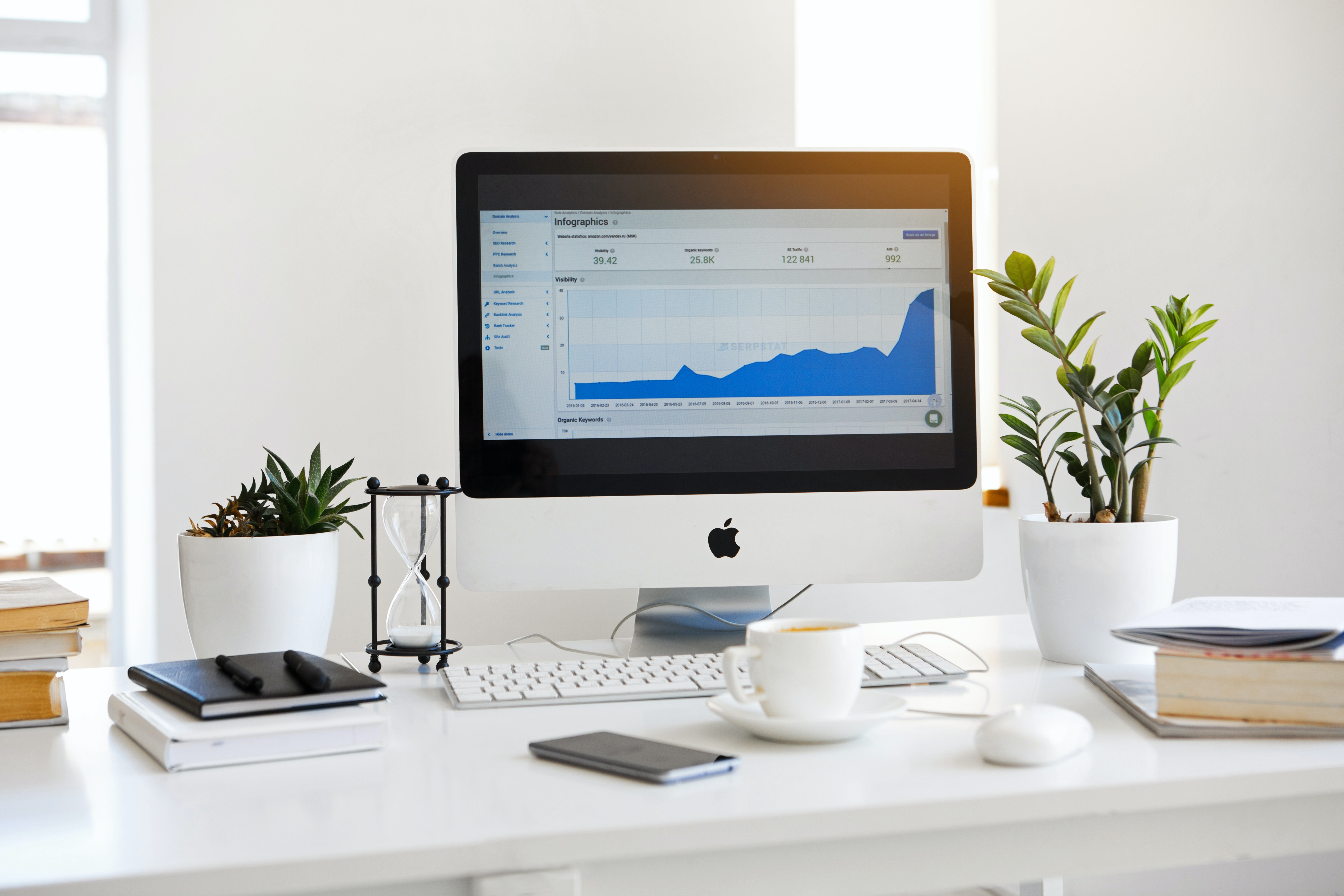By Christian Rule
For many of us, working from home is just our normal work life, it has been my life since 2003. However, the majority of folks still rock up to the office every day for their slice of the office grind. Then Covid 19 came and pretty much all non-essential posts got to experience the sometimes curse and sometimes panacea of home working.

Lip Service to the Bad
In this piece I’m going to focus mainly on the benefits and the wider potential outcomes of the recently enforced adoption of home working. But just to square the triangle, here is a quick whistle stop tour round some of the bad bits.If you’re home you are available to other home stakeholders that may require your assistance, can you quickly do the school run, or sentences that start, “I know your busy but…”. Conversely, with less fragmentation there is a tendency to work longer which is quite a counter intuitive outcome and serves to confuse some of the other “at home” stakeholders when you’re still late for dinner.
There are costs to business as well, after many years of rigorously supporting home working, about 18 months ago IBM changed direction, asking folk to return to the office. The cost to innovation had become demonstrably evident, the chance encounters around the coffee machines that sparked impromptu conversations and ideas were just not there.
The ability to quickly thought shower an idea with the colleagues immediately around your desk didn’t exist. Homeworking for IBM had led to a decline in the opportunities for ideas to develop, to become theories, for those theories to become hypothesis and finally those hypotheses to become new products and services.
The Good
As Covid19 hit we (Jubilant, the company I work for) became really busy, embarrassingly so to be honest, it was doom and gloom for so many, but our phones were ringing off the hook. Folk needed to work from home and the software we sell allowed people to work on their core business Mainframe or Midrange applications remotely.Remote desktop companies like Citrix were selling unbelievably well, the Citrix share price alone rose 50% in a few weeks at the height of the crisis. The good news for the much lesser known Jubilant, was that Citrix required a lot of bandwidth and load and we helped reduce the volume it needed, so we had some wins from there too. It's an awkward time to be upbeat.
What was awesome, was the feeling of genuinely helping folks in a crisis, there is nothing more satisfying than knowing what you do is really making a difference and we were really helping, which was great.
We all thought it would be a temporary high that would be followed by a deep trough for us all. However as the weeks went on, we started to hear in the media from companies saying maybe this "new normal" works, maybe this is the way forward, do we need to go back, or at least, do we need to go back in the same way?

Early voices behind the wave of the "new normal”
Barclays bank were very quick to realize that the new set up hadn’t negatively affected productivity, in fact the opposite had been true. Barclays felt this strongly enough to declare that they were going to dramatically reduce their office space worldwide, expensive city offices "may be a thing of the past", stated Barclays boss Jes Staley.In the last couple of weeks Twitter has announced that none of its staff will be required to return to office working after the crisis. MasterCard will be leaving it to their employees to decide if/when they as individuals will return. Facebook have declared that within 10 years they will be a from-home organization. Google has extended their from home policy until the end of the year.
Working from home seems to be the bus that a lot of organizations are starting to get on, albeit whilst observing social distancing and sitting 1-2 meters apart.
My little survey.
I asked my contacts on LinkedIn to participate in a poll, the question I asked was: "After Covid 19 where will you be working?" There were four options 1: Back at the office. 2: Work from home more. 3: Maybe we don’t need the office. 4: I’ve always had flexible working.I ruled out the respondents that selected “I’ve always had flexible working” as they were already “new normal” players. In addition, a lot of my contacts have technology roles or are in close proximity to the technology industry, so not unsurprisingly nearly 50% said they had always been flexible.
Setting these “new normal” players aside, I focused on the data set from responses 1-3, of which 25% said they were going “Back to the office”, 25% said “Maybe we don’t need the office” and finally 50% said in the future they would be working from home more.
Potential changes and outcomes
So it would seem that more and more of us will be working from home long term and as time goes by it will become obvious that the world is still turning, we are still transacting, but our offices are slightly emptier than they were before. As such the roads are a little less busy so journeys are shorter, petrol and diesel isn’t getting consumed at quite the rate it once was, all in all gold star tick, reducing wasted time in cars and reducing use of fossil fuels.We have been using 20% less electricity as a result of this change in working habits, leading to energy companies asking consumers to use more at certain times of the day because there is a surplus. Moreover, Octopus Energy are offering to pay consumers to use this excess grid energy rather than them having to pay for managing its loss.
The square footage of office space required is going to decrease, which unfortunately for landlords will push the price of rentals down, so returns will fall in that area. But just about every developed and developing country has a housing crisis so maybe some more of this space can be turned over to domestic use, solving multiple issues at the same time, gold star tick.

The Net Net
For organizations, you can improve your productivity, you can reduce your costs, you can be more flexible with your workforce (you can be cool like Google without needing a slide, astroturf and a casual encounter area), you can reduce your carbon footprint, it’s a win-win.More broadly, after the Great War the “League of Nations” was born (later evolving into the UN), a place where we could discuss our differences and celebrate our similarities. In the decade that followed World War Two, among many global outcomes, the NHS was born in the UK (clapping and thanks) and the foundations of the European Community (EC) were created, giving all Europeans a shared sense of economic interdependence, potential prosperity and less chance of future internal conflict.
Covid19, for all its costs, regrettably both to life and to our economies, has already allowed those often ignored to shine, given so many more the opportunity to be kind and thoughtful and also may have the potential to again drive some radical new ways of living and working. If some of the energy saving can be amplified and sustained, then maybe the “new normal” could potentially help in the wider fight against the future threat of climate change.
